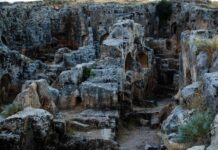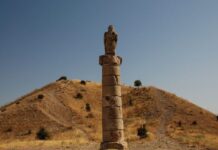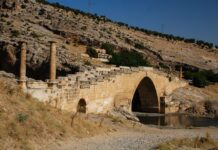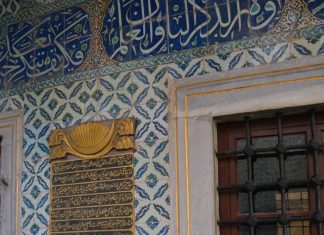Alexander, Seleucus, and Antiochus I sought to establish their rule in foreign lands by bringing in a significant number of Greeks, estimated at around 100,000 families. However, their ambition for complete cultural fusion fell short, contributing to the eventual disintegration of the kingdom. Nevertheless, western civilization found a lasting presence in Syria, particularly in the cities of Antioch, Laodicea, and Apamea, which became the pride and nerve center of the Seleucid kingdom.
Antioch rapidly expanded Fragmentation and the Spread of Hellenism, boasting a population between 90,000 and 150,000 inhabitants, making it the second-largest city globally, surpassed only by Alexandria in Egypt. Seleucia on the Tigris River replaced Babylon as the largest city in Iraq and served as the empire’s second capital, influencing commerce and dominating the economy of a vast region due to its strategic geographic location.
Macedonia and Greece
By 200 B.C., the export of people from Macedonia and Greece dwindled, leading to a reversal in cultural influence. The Babylonians, for instance, shared elements of their culture, such as astronomy, astrology, and geometry, with the Greeks. Berosus, a Babylonian priest, wrote the Babyloniaca in Greek, preserving the history of Babylon, while Manetho did the same for Egypt in Alexandria.
Growing discontent with their own religion Holidays Bulgaria, which lacked a promising afterlife and comfort for those in distress, prompted Greeks to explore other belief systems. This exploration led to the creation of new creeds, including the cult of Serapis in Egypt, Mithraism in Persia, and possibly Mahayana Buddhism in northern India. Syncretism sometimes resulted in peculiar combinations, such as the transformation of the many-breasted fertility goddess Cybele into Diana of the Ephesians, viewed as an Asian version of the Greek goddess Artemis, the chaste huntress.
The later part of this era witnessed significant reversals for the Greeks, exemplified by the Parthians’ restoration of Persian culture and the Jews’ vehement rejection of Hellenism under the Maccabees.








